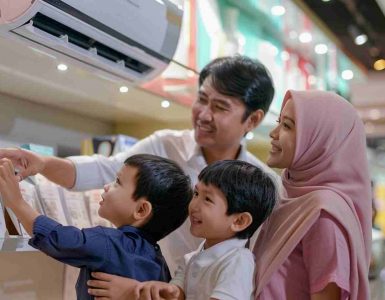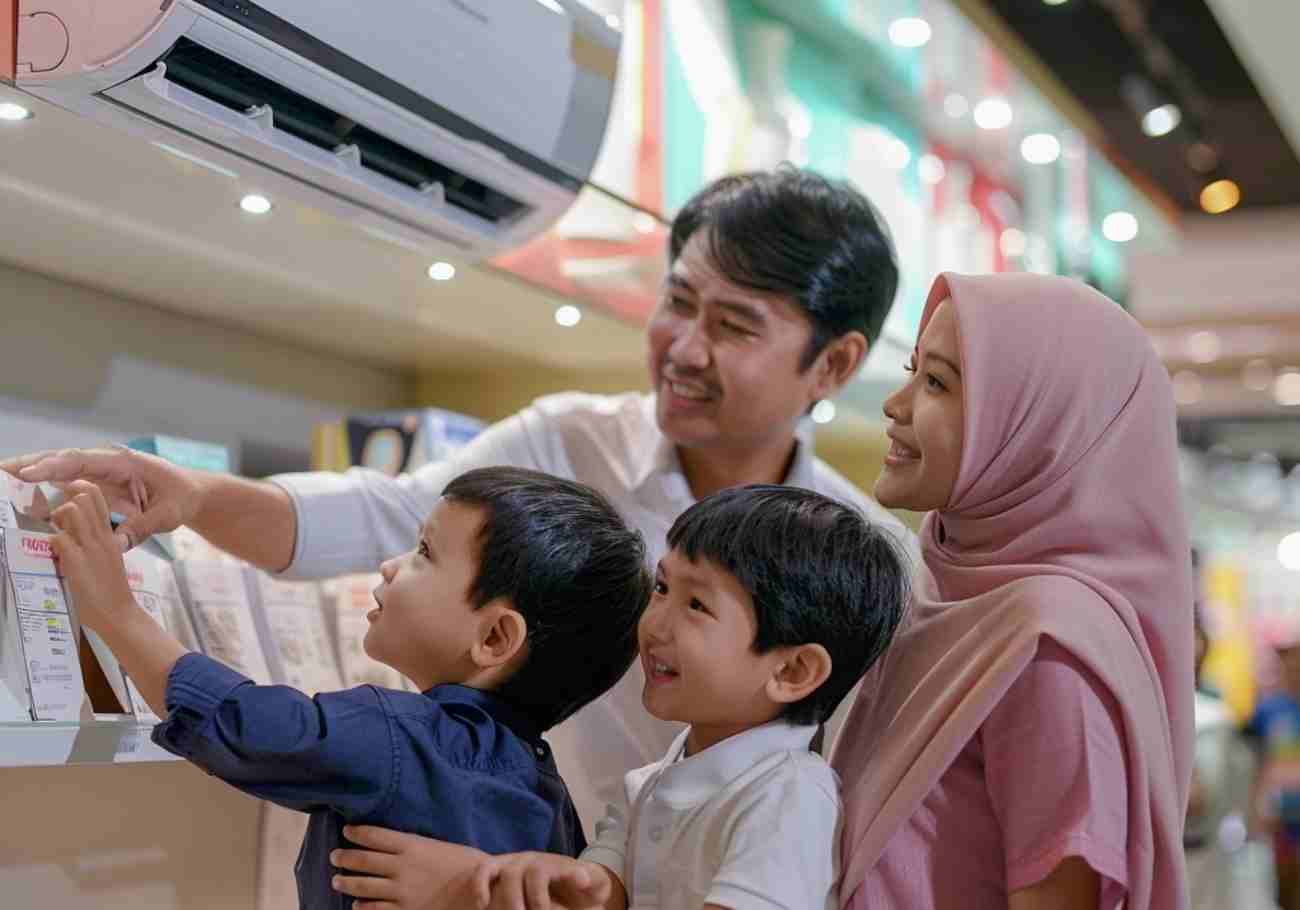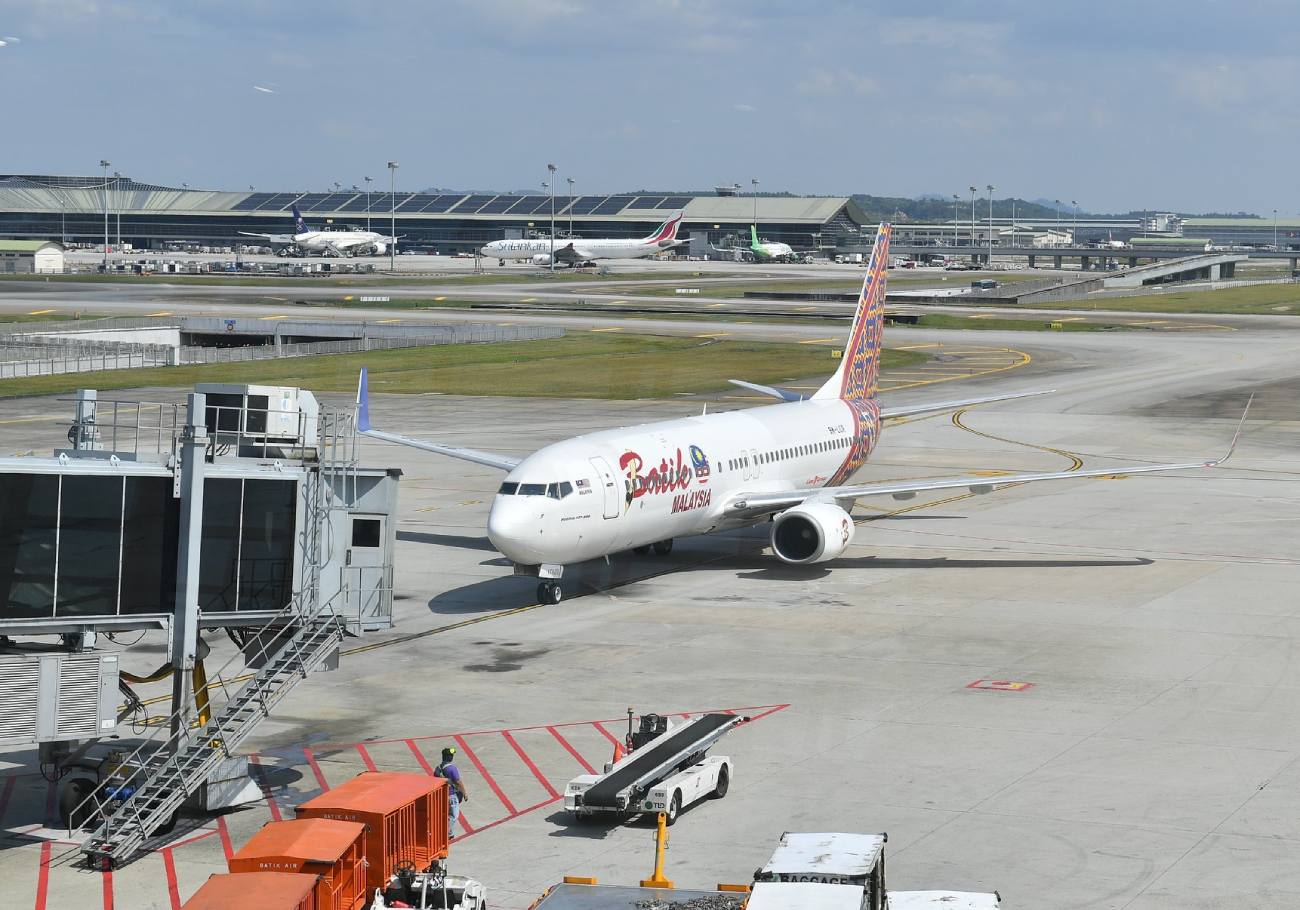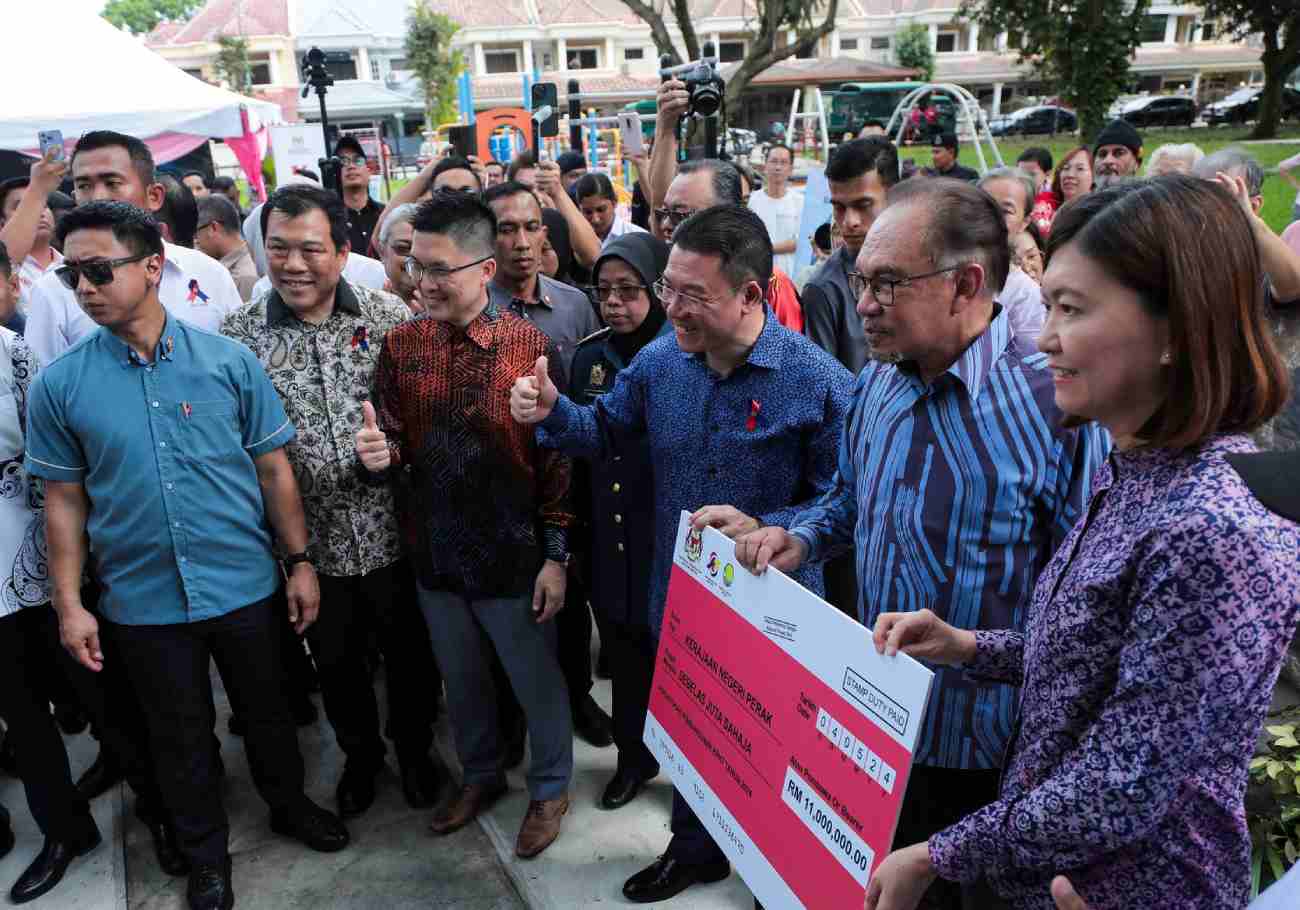The MIC has set up a special purpose vehicle known as Mainco Bhd to tap into the many development projects unveiled by the government in order for the Malaysian Indian community to reap the economic benefits from these projects.
Mainco, which has already been registered, would vie for business opportunities under the Economic Transformation Programme (ETP) such as those arising from the Mass Rapid Transit and the Greater Kuala Lumpur development projects, MIC president G Palanivel said today.
It would also acquire new businesses or buy into listed companies.
To operationalise Mainco and undertake these activities, MIC will ask for government support by way of soft loans, said Palanivel, who is also Minister in the Prime Minister’s Department.
“We want to make Mainco a successful business group and empower the Indian community,” he told Bernama in an interview.
The move would also contribute to efforts to lift the community onto the country’s mainstream of economic development from being a sub-stream community now.
He said the MIC was also requesting the government to award eight percent of the civil contracts in the country to Indian Malaysians.
This will enable Indian Malaysian contractors to make higher profit margins.
“Otherwise, if an Indian Malaysian uses other people’s license, then the profit margin will be very minimal, so we are looking at direct contract award,” he added.
Asked when all these plans would come to fruition, he said, “We need time and the support of the government.”
MIC was preparing the project paper containing all its proposals on how “we can work with the government and the private sector,” said Palanivel.
The MIC president expressed confidence in the government, under the leadership of Prime Minister Najib Abdul Razak, which was more sensitive and responsive than before the 2008 elections.
The government’s speedy response was evident when the Suria Cooperative proposed by MIC just after he took over was set up speedily with an RM8 million fund to provide financial help to Indian Malaysian retailers and enable traders to expand their businesses.
Furthermore, in the 2012 Budget, unveiled on Oct 7, he said the government had accepted MIC’s proposal for RM100 million to be set aside for Indian Malaysian entrepreneurs especially for women under Amanah Ikhtiar Malaysia.
The same amount has also been extended to the Chinese Malaysian community.
He said the MIC was also looking at Indian Malaysian participation in future eco-friendly projects such as extracting oil and essences from fragrant flowers.
“There is a demand for such environmentally-friendly products in European countries where consumers are willing to pay a premium,” he said.
Dairy projects including cattle farming to produce milk and milk by-products were also in the pipeline, said Palanivel.
There were plans to set up Indian Malaysian-owned palm oil plantations for which the MIC had requested for 20,000 hectares of land and funding, he said.
He reiterated that the MIC preferred requesting for soft loans from the government rather than grants to operationalise plans to uplift the economic status of the Indian community.
As to the economic standing of the community, he said more than 30 percent of Indian Malaysians could be categorised as low-income economy.
And many do not even have any income and some earn below RM500 per month, doing menial jobs like washing plates.
This was evident from the thousands of Indian Malaysians who turned up at the party’s Sunday service centres nationwide, be they from rural or urban areas.
“They look impoverished,” he said.
“The poor have to be mainstreamed, we have to empower, mentor and counsel them and in the process build up their capacity. We need a 10-year plan to bring the community out of its present rot,” he said.
Palanivel said that a good percentage of Indian Malaysians have been deprived and this “deprivation has led to violence, robbery and murders”.
“The community has lost its empowerment and capacity,” he said, adding that the time has come for deliverance out of poverty and low income.
– Bernama












